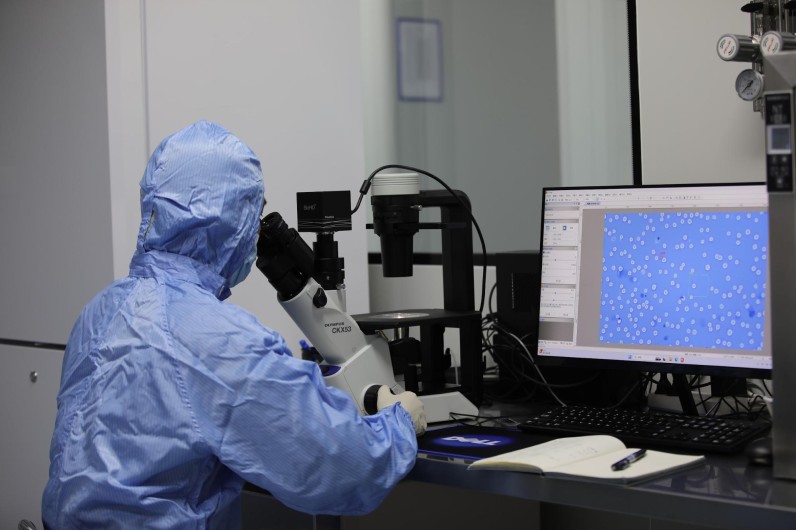
Limited options, high costs, and a lack of novel ideas have long hindered the treatment of rare genetic disorders. Existing therapies may manage symptoms for millions of patients worldwide, but often fall short regarding long-lasting changes. Lingyi Biotech is a clinical-stage biotechnology company that's taking a different approach. They are developing a next-generation AAV gene therapy that could potentially cure monogenic diseases.
The core of its efforts is a proprietary platform called AAV2.0, a precise gene therapy system that combines tissue and cell-specific delivery, improved transduction, and a regulatable cargo design. For patients living with conditions like Gaucher disease, Wilson's disease, and Parkinson's that are linked to GBA1 mutations, this new kind of therapy creates renewed hope with scientific breakthroughs.
A New Framework for Precision Therapy
Gene therapy has promised to change the norm for patients with monogenic disorders. However, these promises require more than just "good" science. They need the right delivery systems, scalable manufacturing, and therapies tailored to frequently changing physiological conditions. Lingyi Biotech's AAV2.0 platform answers these concerns.
Unlike conventional vectors, AAV2.0 is designed for cell and tissue-specific targeting, with low immunogenicity and higher transduction efficiency. What truly sets it apart is the integration of the CREATE system. This regulatable cargo design adjusts gene expression in real time based on biological signals like copper levels or tissue stress.
The result is safer and more effective therapies. Lingyi's proprietary LY-293RSS cell line also streamlines production, helping make this next-generation AAV gene therapy platform viable at scale.
Three Breakthrough Programs and One Unified Mission
This original platform has already powered first-in-class programs for some of the most challenging rare diseases. Leading the way is LY-M001, which is currently in Phase I/II trials in China for Gaucher disease. Using a liver-specific rAAV8 vector to deliver an optimized GBA1 gene, the therapy has demonstrated organ volume reduction, hematologic normalization, and promising patient outcomes.
Following close behind is LY-M003, a revolutionary treatment for Wilson's disease. The therapy employs a modified miniATP7BLY gene and leverages the CREATE system to respond dynamically to copper levels in the liver. Preliminary data show both neurological and systemic improvements, making it a strong contender for best-in-class for Wilson disease gene therapy.
Meanwhile, LY-N001 is still in preclinical development, trying to tackle a more complex disease: Parkinson's with GBA1 mutations. By targeting the lysosomal dysfunction underlying early-onset Parkinson's, LY-N001 has the potential to reshape how this debilitating disease is treated in its earliest stages.
Positioned for Global Expansion
Behind these innovative treatments is a team with over 20 years of experience in pharma, academia, and biotech. Founder and CEO Dr. Andrew Lin is a molecular geneticist and former PI at Vanderbilt. With a dual-market regulatory strategy across China (NMPA) and the United States (FDA), the company is positioned for B2B2C commercial scaling.
A recent strategic partnership with Zhejiang Zuoli Pharmaceutical reflects this ambition, enabling the commercialization of gene therapies across global markets. With a $100 million valuation, multiple active clinical programs, and a platform building the future of rare disease therapies, Lingyi Biotech is becoming a name to watch.
Their story is about leading with a clear commitment to delivering curative gene therapies that were once impossible. Lingyi Biotech brings next-generation AAV gene therapy to life, changing the global odds for rare disease patients.







Join the Conversation